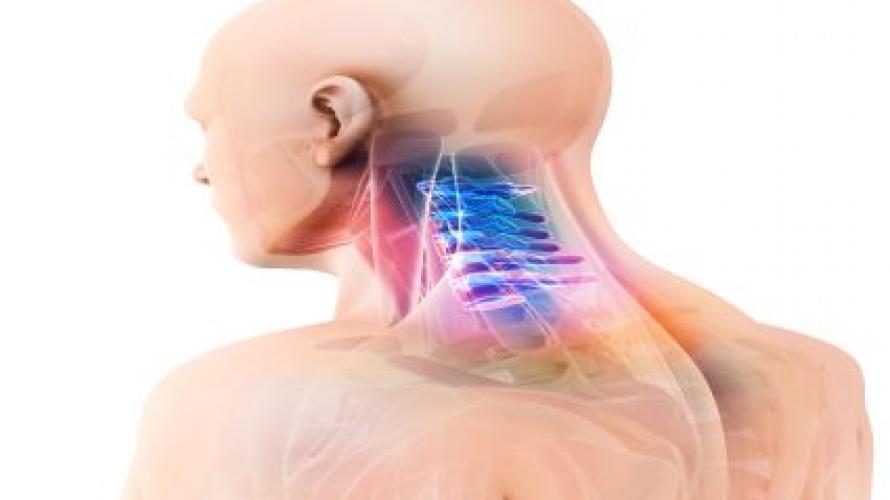
What is the study about?
This study’s aim was to describe the experience of patients who utilized diaphragmatic pacing systems (DPS), which is a device that helps people on a ventilator who are unable to breathe on their own.
What did the study find?
This study found that among the participants examined in the study, DPS was a well-tolerated and highly successful device for individuals with spinal cord injury who rely on ventilators. Specifically, DPS helped achieve negative pressure, ventilator-free breathing.
Who participated in the study?
Individuals who participated (N=28) were people with tetraplegia (a term used to describe the inability to voluntarily move the upper and lower parts of the body) and enrolled in the study between 2012 and 2015.
How was the study conducted?
This study was a descriptive study, that gathered information on demographic variables (race, sex), injury characteristics (level of cervical injury, neurologic impairment), DPS usage and mechanical ventilation, and effect of DPS on quality of life. Frequencies, means and standard deviations were compiled from all the aforementioned variables.
How can people use the results?
Individuals with SCI resulting in paralysis of diaphragm and ventilator dependence and their families can use the results to learn more about DPS, their effectiveness and the quality of life for people who use DPS.
Reference
Monden, K. R., Coker, J., Charlifue, S., Bennett, S. J., Draganich, C., Coons, D., Marino, R. J., & Berliner, J. (2022). Long-Term Follow-Up of Patients With Ventilator-Dependent High Tetraplegia Managed With Diaphragmatic Pacing Systems. Archives of physical medicine and rehabilitation, 103(4), 773–778. https://doi.org/10.1016/j.apmr.2021.03.005
Disclaimer
The contents of this quick review were developed under a grant from the National Institute on Disability, Independent Living, and Rehabilitation Research (NIDILRR grant number 90DPKT0009). NIDILRR is a Center within the Administration for Community Living (ACL), Department of Health and Human Services (HHS). The contents of this quick review do not necessarily represent the policy of NIDILRR, ACL, HHS, and you should not assume endorsement by the Federal Government.